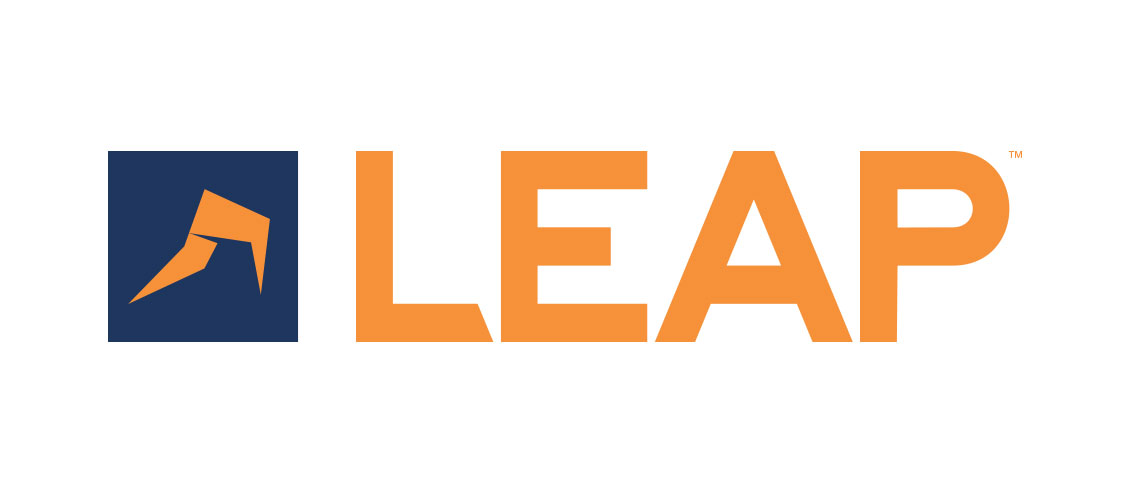
Every successful business will follow a set of fundamental business habits that helps them run a smooth operation. Regardless of your goals, running a successful law firm involves mastering the basics and adopting habits that help you remain competitive.
The results from the LPM and Briefing Frontiers reports highlight that, no matter your firm’s size, focusing on implementing the right technology is what will help you remain competitive. Whether that’s utilising existing solutions or implementing new ones, it’s those practices that take a digital-first approach which pose the biggest threat.
A key reason this resonates more than ever is the move to hybrid working. The LPM report showed that only 15% of SME law firms are expecting their employees to go back to the office full time, so flexible digital tools are key for operational effectiveness.
Building successful habits
The business habits you repeatedly decide to do firms your brand’s personality, business reputations, and how you’re perceived. Even the smallest habits, when combined, have a great impact on overall performance and therefore the longevity of a firm. Without good operational, compliance, and client service habits in place, legal professionals are inflicting unnecessary restrictions on themselves, hindering their chances of meeting their goals, exceeding client expectations, or having a stress-free workload.
Building successful habits creates freedom to focus on the bigger picture and those wider goals. It frees the team from being occupied by the daily tasks and provides the luxury of time and space to look for improvements, make change, and drive the firm forward.
The fundamental digital habits of a modern law firm
Without purpose, habits don’t stick. The processes and habits you implement need to connect with your firm’s wider goals and ambitions. Otherwise, your team may easily slip back into older, less effective habits.
Habits help to shape your firm’s brand and defines how you’re perceived by your employees, clients, and prospects. This is why we’ve categorised below the key habits law firms should adopt into four fundamental mindsets needed for these habits to stick, be sustainable, and have an impact.
Mindset 1: Think ‘digital-first’
Having a digital-first strategy sets the foundation for all subsequent habits. To operate successfully, directors and partners need to have a digital-focused operational strategy that is more than simply a ‘working from home’ policy. Thinking digital-first is about adopting an Anywhere Operations strategy that ensures your business can operate, collaborate, and service clients without the reliance on physical locations, infrastructure, or processes, proving the ultimate flexibility and continuity. You can find out more about the concept of Anywhere Operations and how it can benefit your firm in our guide.
This mindset should help your firm identify transformational changes you can make to your daily habits that embraces technology to make daily workloads easier, hybrid-working simpler, and going paperless the aim.
There are several habits you can adopt to achieve this, including working primarily from your case and practice management solution (PCMS), digitally time recording and implementing standardised workflows. Discover the habits you should adopt in our guide, which is available here.
Mindset 2: Be client-focused
The success of any modern law firm will rely heavily on the quality of client service you can provide. A key benchmark of the value you have provided to your clients is how timely, convenient, and personal the service is – regardless of the legal support you have offered. Implementing digital client-focused habits will help you to reduce friction in your clients’ experiences so you can stand out from the crowd, win, and retain new business, as well as compete with larger firms, who 54% of SMEs believe are their biggest threat.
View the habits law firms should adopt to stay client-focused in our latest guide.
Mindset 3: Continuous improvement
To run a continually effective operation, your fundamental processes need to be reviewed so habits don’t become stale and inefficient. When a task becomes a habit, it can easily be over-looked and therefore can become ineffective to your firm as technology, clients, and goals change. Having a continuous improvement mindset will ensure you’re always optimising for the best outcome and preventing your firm from becoming irrelevant.
To facilitate a continuous improvement mindset, you first need to document existing processes and habits. Knowing how things are currently done will enable you to identify current challenges and areas for improvements and will highlight how tech can enhance each process.
The associated habits you’ll need to adopt include scheduling regular firm-wide updates to ensure your team is on board with this mindset; encouraging ideas for improvements; and monitoring how these efforts have impacted your overall goals using the data from your PCMS.
Mindset 4: Empower employees
With your processes, technology, and clients taken care of, the final mindset is to empower employees. 76% of SMEs believe recruitment challenges pose the biggest impact to their business strategy; empowering your employees to perform their best and achieve their goals is crucial to the longevity of your firm. As one of the biggest investments you’ll make for your business, look to empower your team with the right digital tools and freedom to grow to be a successful modern law firm that will attract the best talent.
Some of the habits you’ll need to achieve success in this area include implementing regular one-to-one time with the team to provide a safe space for feedback and discussion, scheduling time for training – well in advance – and arming staff with the digital tools required to do their job effectively.
You can find out more about the habits and tools needed to facilitate each of the four mindsets outlined above in our fundamental guide, download now.
Technology facilitates better business habits
No matter your firm’s goals, practice and case management software provides the digital tools and centralised platform to implement effective business habits. With the fundamentals and essentials running smoothly with legal tech, you and your team can focus on driving the firm forward. To succeed as a modern law firm, you’ll need to adopt and implement efficient digital, tech-driven habits that help to improve profitability, empower employees, and deliver quality client care.
Chris Pucci is CEO of Osprey Approach, which provides an all-in-one, cloud-based legal accounting, case and practice management solution to law firms of all sizes. With over 30 years’ experience in the legal software sector, Osprey’s products and services are designed to help make running a profitable, compliant, and efficient law firm easier.




